From October 29, 2025, to March 15, 2026, the Rautenstrauch-Joest-Museum will present the German premiere of AMAZÔNIA by Sebastião Salgado, one of the world’s most celebrated photographers. The exhibition was conceived and curated by Lélia Wanick-Salgado. Trained as an architect and urban planner, she was for decades the artistic partner and wife of the recently deceased Brazilian photographer. AMAZÔNIA turns its gaze to the rainforest and the Indigenous communities that shape and protect it. Salgado’s photographs unite monumental landscapes with compelling portraits, revealing both the beauty and the vulnerability of the Amazon region. Interviews with Indigenous leaders, shamans, and activists further open a window onto their perspectives on this threatened ecosystem. The near-simultaneous opening of the exhibition with the UN Climate Change Conference COP30 in Belém underscores its immediacy and relevance.
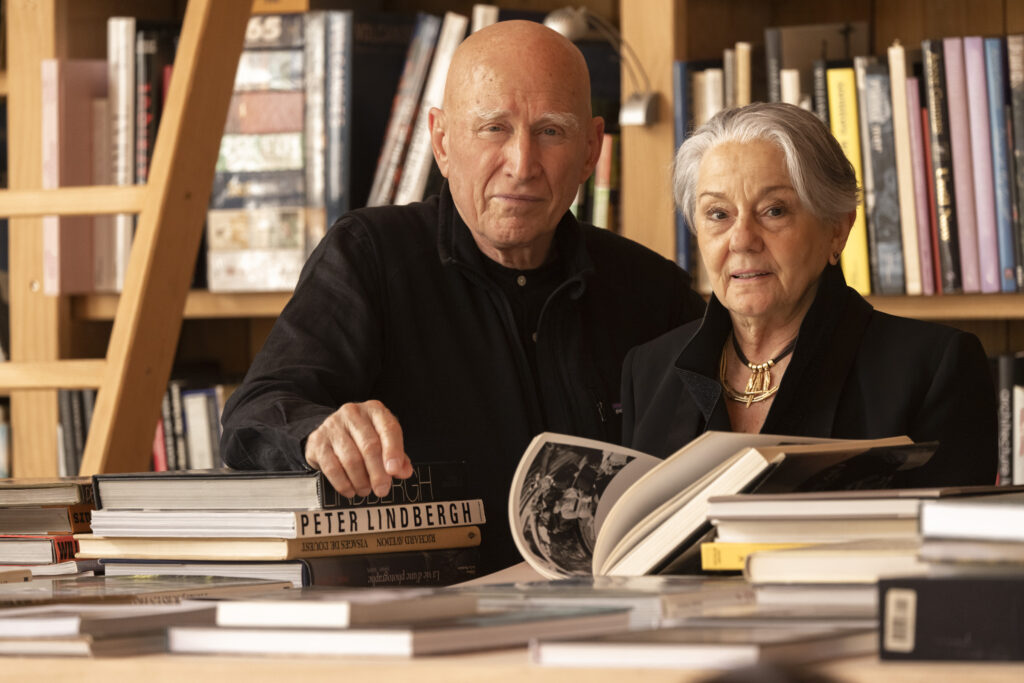
Sebastião Salgado und Lélia Wanick Salgado © Yann Arthus Bertrand
The architect and curator, and one of the most important photographers of our time, have been working together for decades. Together they conceived the AMAZÔNIA exhibition and founded the Instituto Terra in 1998-a model project for reforestation and the protection of endangered ecosystems.
The accompanying program places Indigenous voices at the center – voices that are often overlooked in global climate debates. Indigenous artists, activists, and thinkers from the nine countries of the Amazon region bring their perspectives to the forefront. Through readings, debates, workshops, and films, the program addresses climate justice, solidarity-based economies, COP30, art, urban realities, cosmologies,
and the rights of nature.
It connects international perspectives with local realities in Cologne. The program is aimed at children and families, young people, schools, communities, students, and all those interested. Cologne’s communities are actively involved so that global perspectives and local experiences meet. In this way, the RJM becomes not just a place where Indigenous perspectives are “exhibited,” but one where they are actively represented – a space for exchange, learning, and imagining a shared future.
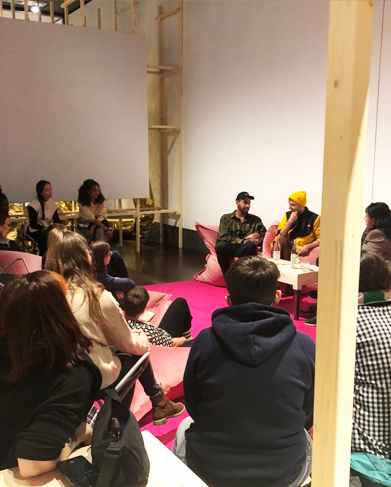
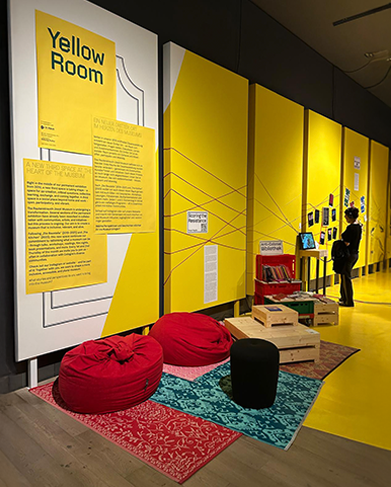
A space for young voices, social media and culture. Topics include urban life, Indigenous rap, films by Indigenous women filmmakers, the climate crisis and alternative ways of living. On Thursdays and weekends, workshops, listening sessions and formats of youth culture invite participation – together with South American communities from Cologne. THE FUTURE IS INDIGENOUS.
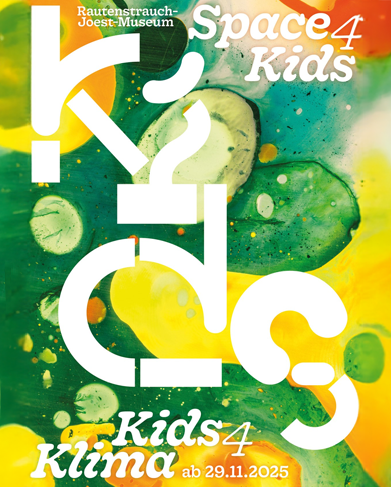
For four months everything here revolves around nature, climate and the future. Every weekend, children from the age of 6 and their families can paint, craft, write, watch films, read books and take part in workshops to creatively explore solutions for tomorrow. At the centre grows a wish tree that makes children’s hopes and sense of responsibility for a just future visible.
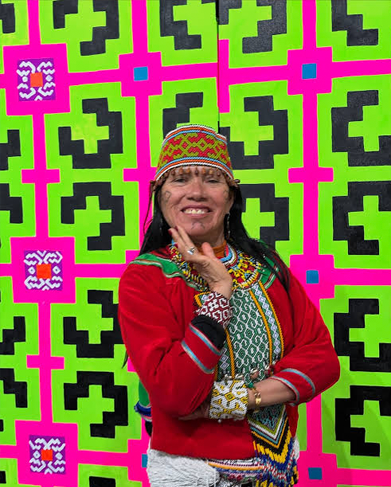
In the RJM’s permanent exhibition, artists from the Amazon region expand the exhibition AMAZÔNIA. Through video, music, photography and painting, they address identity, urbanity and spirituality, point to destroyed habitats and a threatened future – and make their struggles and new ways of seeing the world and the future tangible. THE FUTURE IS INDIGENOUS.
Tuesday to Sunday: 10 am – 6 pm
Thursday: 10 am – 8 pm
Every first Thursday of the month: 10 am – 10 pm – free admission (for visitors from Cologne)
Open on public holidays (including Mondays) as on Sundays
On weekends: Hosts at the AMAZÔNIA exhibition
Every first Thursday: varied evening program
From November 29: Space4Kids – Kids4Climate, every weekend – 11 a.m. to 5 p.m. Free admission
Audio guide in German – available for hire or as an MP3 download.
An accompanying brochure is available for the exhibition (€6)
Closed on Mondays
Closed on 24/25/31 December 2025 and 1 January 2026
Closed for Carnival (February 12, 2026 and, February 16, 2026)
Prices
Single ticket for the AMAZONIA special exhibition: €15, reduced price: €12
• Combined ticket for the AMAZONIA special exhibition and permanent exhibition: €18, reduced price: €15
• Group ticket for AMAZONIA special exhibition for 10 or more people: €12 per person
• Group ticket for AMAZONIA special exhibition & permanent exhibition for 10 or more people: €15 per person
Guided tours
Every Saturday and on the first Thursday of the month (Cologne Day), the Cologne Museum Service offers public guided tours for adults. Family tours are offered on Sundays. Booking of tours and workshops for school classes, groups, and individual visitors.
Detailed information about the guided tours at: museenkoeln.de | Events
Bookings at: service.museumsdienst@stadt-koeln.de
Tram stop Neumarkt (2 minutes on foot)
KVB lines 1, 3, 4, 9, 16, 18 and bus lines 136, 146